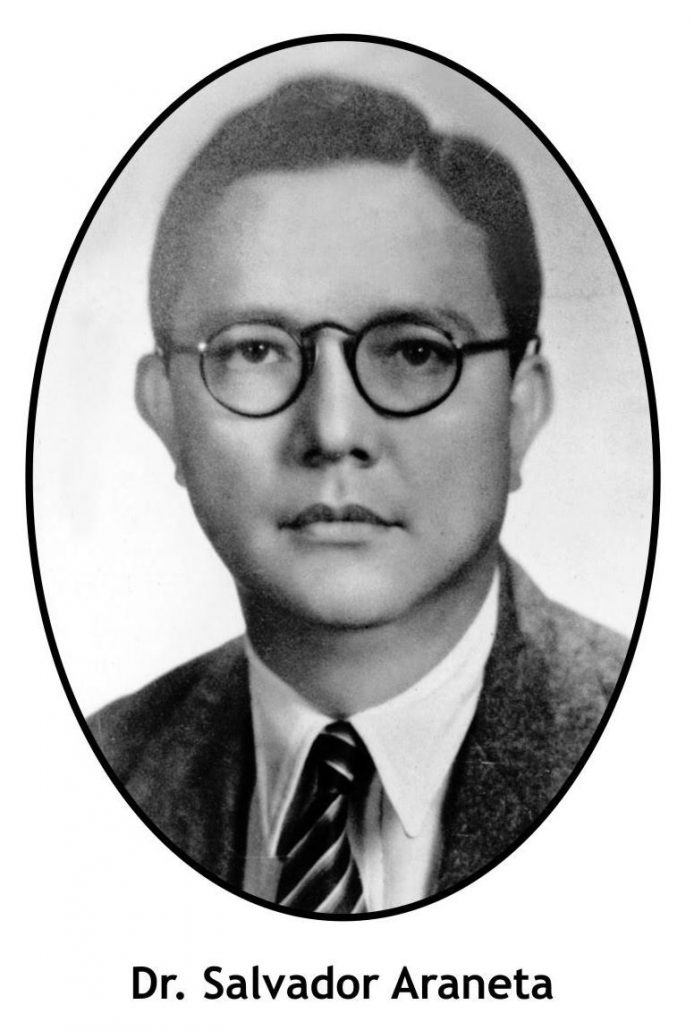 THE CONSTITUTION, SOVEREIGNTY OF THE FILIPINO PEOPLE,
THE CONSTITUTION, SOVEREIGNTY OF THE FILIPINO PEOPLE,
VIOLATIONS OF THE 1987 CONSTITUTION
Precepts We Cannot Surrender
This new Chapter on the Constitution, the sovereignty of the people and the violation of the Constitution was never intended to be written as part of the s re-publication of the work of Dr. Salvador Araneta on his proposed Bayanikasan Constitution. However, due to so many headlines regarding the trashing of our Constitution, this chapter became a necessary addition.
We ordinary folks like housewives, farmers, jeepney drivers, teachers, priests and nuns should know our rights as well as the rights of every other Filipino so we can be part of an informed and involved society and be in solidarity with every Filipino, particularly, the oppressed. We can share what we have read with our Facebook friends, post Twitter comments, write letters to the editors, and start neighborhood discussions.
We can all be a part of a vibrant community of peace and justice advocates so we can all live in conditions away from the hell which it is for so many now.
This writer was also fired up by listening to the interview of General Oscar Albayalde who was making fun of the Human Rights Commission, which he claimed had never proven even one case of extrajudicial killing. Extrajudicial killings, being what they are, have turned these days into a soul-wrenching tragedy in our history and has involved those putting this book together, not as victims, but as a team of convenors helping to reach out to victims. This has become an emotional experience.
It is best to continue this discussion with the following:
“I do solemnly swear that I will faithfully and conscientiously fulfill my duties as President of the Philippines, preserve and defend its Constitution, execute its laws, do justice to every man, and consecrate myself to the service of the Nation. So help me God.”
The above oath is from Article VII, Section 5 of our 1987 Constitution. It is the sacred promise of every President upon taking office, with left hand devoutly and solemnly planted on the family bible and the right hand proudly and bravely raised. Shoulders are taut but confident and upright. Eyes are wistfully looking towards a bright and prosperous future for his country that he has consecrated himself to.
When a President-Elect greets the day of his inauguration, does he begin it being fearless and possessing a sense of great purpose and determination? Is his day sprinkled with marked anxiety because he would be swearing to absorb all the responsibilities for the well-being of a nation by his direct decisions, words and actions as well as those of his subordinates under the principle of command responsibility?
At this point, he is, by taking his oath, no longer the candidate with a thousand promises but he becomes “His Excellency, the President of the Philippines.” With the power of 44 words, he swears to protect the national interests, sovereignty, national territory, economic interest, and the patrimony of the nation, as well as the Bill of Rights.
What is our own personal attitude when our candidate does not win an election? Do we just shrug our shoulder and with indifference say, “Pare¬pareho lang at palit-palitan lang sila (They are the same anyway, there is no real change)?” While the personalities may seem to change, the Constitution does not. It would take a plebiscite to make changes coupled with the approval of the majority of its citizens.
When the Philippine National Anthem is played during that inauguration or any other occasion, and we join in the singing, we should not take it lightly but be very conscious of the words, especially the last line: “Aming ligaya na pag may mang-aapi, ang mamatay nang dahil sa iyo!”
Every officer of the land must recognize the fact that the sovereign power of the land emanates from the citizens and not in the people they elect. Although some of them act as if they are the absolute powers. Under the Constitution, Article II, “Declaration of Principles and State Policies,” Section I states that “The Philippines is a democratic and republican State. Sovereignty resides in the people and all government authority emanates from them.”
The future is here. Unfortunately, whether it is bright and prosperous might be debatable, although it depends on where you are standing — whether you are Sen. Leila de Lima or the lawmaker allegedly on a land-buying spree around a resort area; whether you are a lumad or a foreign mining executive, and whether you are Sister Pat or one of thousands of undocumented Chinese who are mysteriously but conspicuously working all over town.
These are troubling times, one might even say, turbulent times. Not even God is spared from insults. People and causes are labeled and colored. Beliefs and principles are compromised and even forgotten.
Enemies are confused with friends and eventually, are all unfriended.
Now, that we doubt not only the relevance of the Constitution but its reason for being, every Filipino can benefit from a serious look and study of our Constitution, whether one is a law student, a lawyer or just a simple citizen. In fact, Article XIV Section 3 (1) states that “All educational institutions shall include the study of the Constitution as part of the curricula.” (To be continued/PN)

